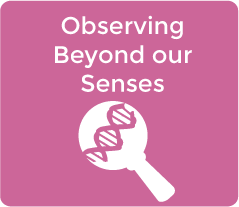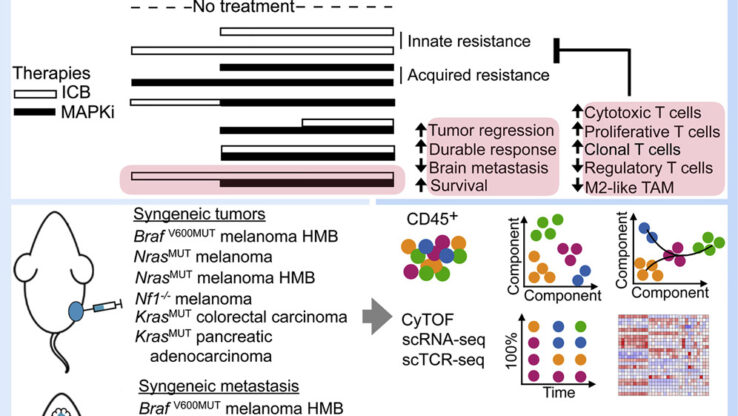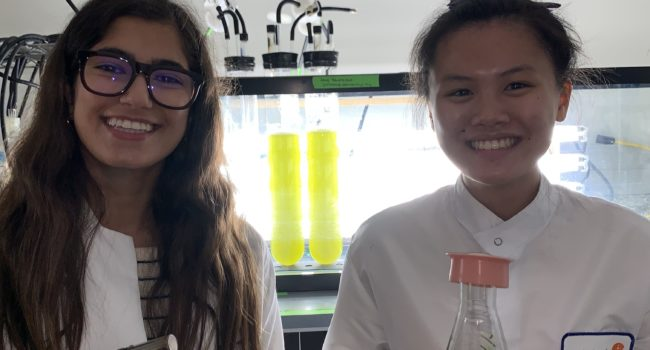What is Systems Biology?
 see.isbscience.org/information/what-is-systems-biology/
see.isbscience.org/information/what-is-systems-biology/
Traditional biology — the kind most of us studied in high school and college, and that many generations of scientists before us have pursued — has focused on identifying individual genes, proteins and cells, and studying their specific functions. Although extremely powerful, this approach alone has limitations in the extent to which it can shed insights into how organisms function as efficient machines constantly modulating their behavior to best suit their environment.

As an analogy, consider a complex machine of many interacting parts such as an automobile. To understand how such a machine operates if one were to focus on individual parts, such as the engine, seat belts, and tail lights, one at a time, we would have limited understanding of how these different parts function together. More importantly, we would have limited understanding of how to effectively service the vehicle when there is a malfunction in aspects of interoperability between the various parts. Likewise, a traditional approach to studying biology and human health provides a limited understanding of how the human body operates.
With advances in tools and technologies, scientists have delved deeper into the foundations of biological activity — genes and proteins — they have learned that these components almost never work alone. They interact with each other and with other molecules in highly structured but incredibly complex ways, similar to the complex interactions among the countless computers on the Internet. Systems biology seeks to understand these complex interactions, as these are the keys to understanding life.
Simply put, systems biology is the study of an organism as a whole rather than as a sum of its parts. Instead of analyzing individual components or aspects of the organism, such as sugar metabolism or a cell nucleus, systems biologists simultaneously study all the components and the interactions among them, all as part of one system.
For more on Systems Biology, please read the description on the main ISB website.






